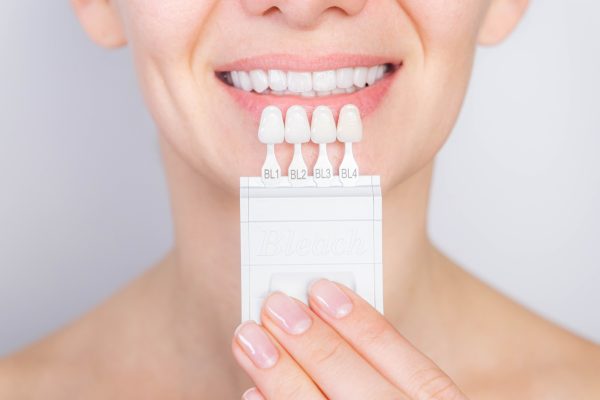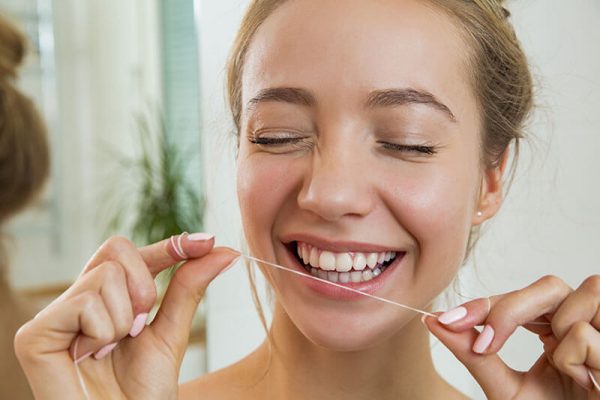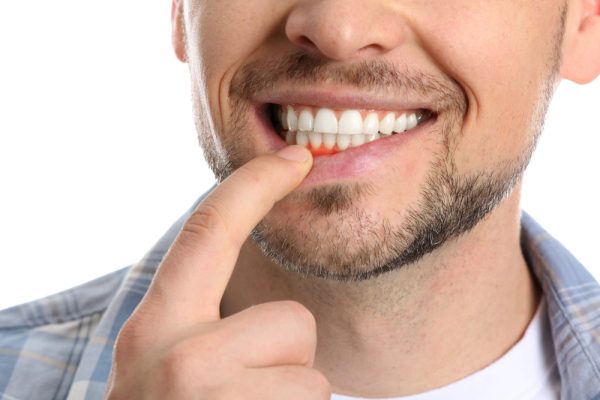What You Need to Know About Veneer Risks and Complications
Dental veneers are a popular cosmetic treatment for creating a flawless smile. However, while they can transform your appearance, it’s essential to understand the risks involved. At Glenwood Dental Associates in Smyrna, DE, we want you to make informed decisions about your dental health. Read on to explore the potential challenges veneers may present and how to mitigate them.
Call our Smyrna dental practice at (302) 653-5011 to schedule your consultation and take the first step toward your dream smile, serving Dover, Clayton, and Kenton.
What Are Dental Veneers?

While veneers are known for their durability and aesthetic benefits, like any dental procedure, they carry risks. Being informed is key to maintaining your oral health and enjoying the results for years to come.
How Glenwood Dental Associates Minimizes Risks
At Glenwood Dental Associates, patient safety and satisfaction are our priorities. Our experienced dentist, Dr. Wisk, utilizes advanced technology and meticulous techniques to reduce risks and enhance outcomes. From thorough consultations to expert placement, we ensure every patient receives personalized care.
Comprehensive Consultations
We believe in educating our patients about every aspect of their treatment. During your consultation, we’ll discuss your goals, evaluate your oral health, and explain the risks and benefits of veneers.
State-of-the-Art Technology
Our Smyrna practice is equipped with cutting-edge tools that allow for precise planning and placement. This minimizes the chances of complications and ensures long-lasting results.
Common Risks of Veneers
Tooth Sensitivity
One of the most reported side effects of veneers is increased tooth sensitivity. This occurs because a small layer of enamel is removed during the preparation process. Exposing dentin can heighten sensitivity to hot or cold foods and drinks.
While this sensitivity often subsides after a few weeks, some patients may experience longer-lasting discomfort. Using desensitizing toothpaste and avoiding extreme temperatures can help alleviate symptoms.
Damage to Natural Teeth
Applying veneers requires the removal of some enamel, which weakens the tooth structure. This process is irreversible, leaving the natural tooth more vulnerable to damage if the veneer becomes loose or cracks.
Poor Fit or Placement
Improperly fitted veneers can cause discomfort, alter your bite, or lead to speech issues. Additionally, poorly bonded veneers can create gaps, allowing bacteria to accumulate and increasing the risk of decay.
Gum Irritation
Some patients may experience gum irritation after receiving veneers. If the veneers are not properly contoured, they can press against the gums, causing inflammation. Maintaining good oral hygiene practices and addressing any discomfort promptly can reduce this risk.
Potential for Infection
In rare cases, bacteria can infiltrate the space between the veneer and the tooth, leading to infection. This is more likely if the veneer becomes damaged or was improperly placed. Symptoms may include redness, swelling, or pain around the affected tooth.
Seeking immediate dental care can help address infections before they escalate into more serious infections like gum disease.
Permanence of the Procedure
Veneers are a long-term commitment. Since enamel removal is permanent, you’ll always need some form of restoration on treated teeth. Understanding this commitment is vital before proceeding with the treatment.
Caring for Your Veneers Near Dover

- Brush and Floss Daily: Use non-abrasive toothpaste and floss to keep your veneers and natural teeth clean.
- Avoid Hard Foods: Biting hard objects like ice or nuts can crack or chip your veneers.
- Regular Dental Visits: Schedule routine checkups at Glenwood Dental Associates to monitor your veneers and address any issues promptly.
Frequently Asked Questions
Veneers themselves do not cause tooth decay. Correctly placed dental veneers should not have any cracks or crevices where bacteria can build up. However, poor oral hygiene can still lead to decay in the underlying teeth. Regular brushing, flossing, and dental checkups are essential.
No, the process involves enamel removal, which is permanent. Once you opt for veneers, you’ll need to maintain them or replace them when necessary.
Improperly fitted veneers can irritate gums, but good oral hygiene and skilled placement minimize this risk. Always address any gum discomfort with your dentist.
With proper care, porcelain veneers can last 10 to 15 years or longer. Composite veneers are cheaper and have a shorter lifespan but are still a durable option.
Veneers can become loose or detach if exposed to excessive force or if bonding weakens. Regular dental visits help ensure their security and longevity. If your dental veneers feel loose, contact your dentist.
Proudly Serving Smyrna and Nearby Communities
Considering veneers? Trust Glenwood Dental Associates in Smyrna, DE, to provide exceptional care and personalized advice. Glenwood Dental Associates welcomes patients from Dover, Middletown, and Clayton, DE. If you’re ready to enhance your smile while understanding all the risks and benefits, contact us today at (302) 653-5011.
